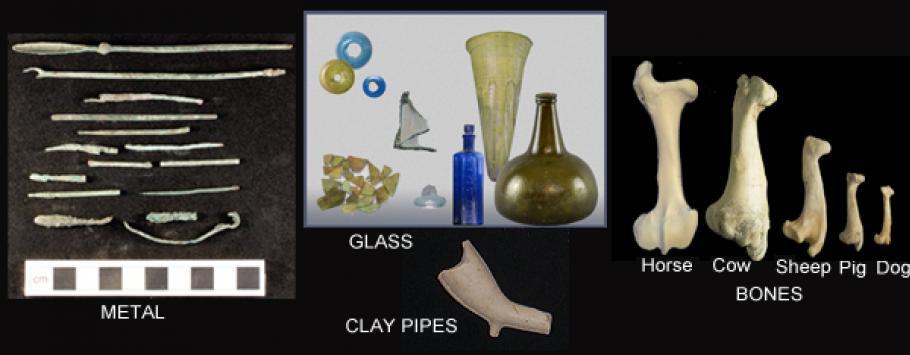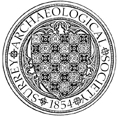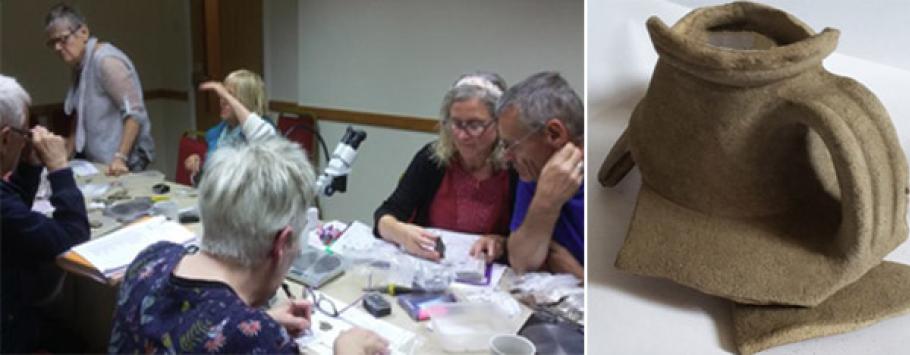Metal, Bone, Glass and Other Artefacts




A presentation by Lyn Spencer will provide a focus for a discussion on slavery in Roman Britain. Some of the questions that may arise include: evidence for slavery , how people became slaves and how they escaped slavery, differences in Iron Age and Roman slavery, roles allocated to slaves and how slavery was viewed in Roman society. Do come along with something to contribute to the discussion.
Members only event
Alan Hall, a founder member of RSG, is re-joining us from Oxfordshire where he has directed the excavation of a Romano-British building complex at High Wood in the Chiltern Hills. Before finalising his report on this site, he offers his presentation in the expectation that his interpretation of the site will be enhanced by the input and discussion between other members of RSG.
Members only event
The “Shining a Light” conference on Saturday 8th May is sure to generate plenty of thoughts, questions and discussions about the transition from Late Iron Age to Roman Britain so please join us on Tuesday to informally exchange more ideas and questions etc on this topic.
Simon Maslin is the Finds Liaison Officer for Surrey and East Hampshire. He has agreed to talk to us about a hoard of 28 Republican and early Imperial Denarii found recently in Surrey.
At the time of posting it is planned to hold this talk by Zoom and RSG members will be sent the Zoom link by e-mail the week before.
The village of Aldborough near Boroughbridge in North Yorkshire is the site of Isurium Brigantum, once one of the most important towns in Roman Britain and the ‘capital’ of the Romanised Brigantes, the largest tribe in Britain at that time.